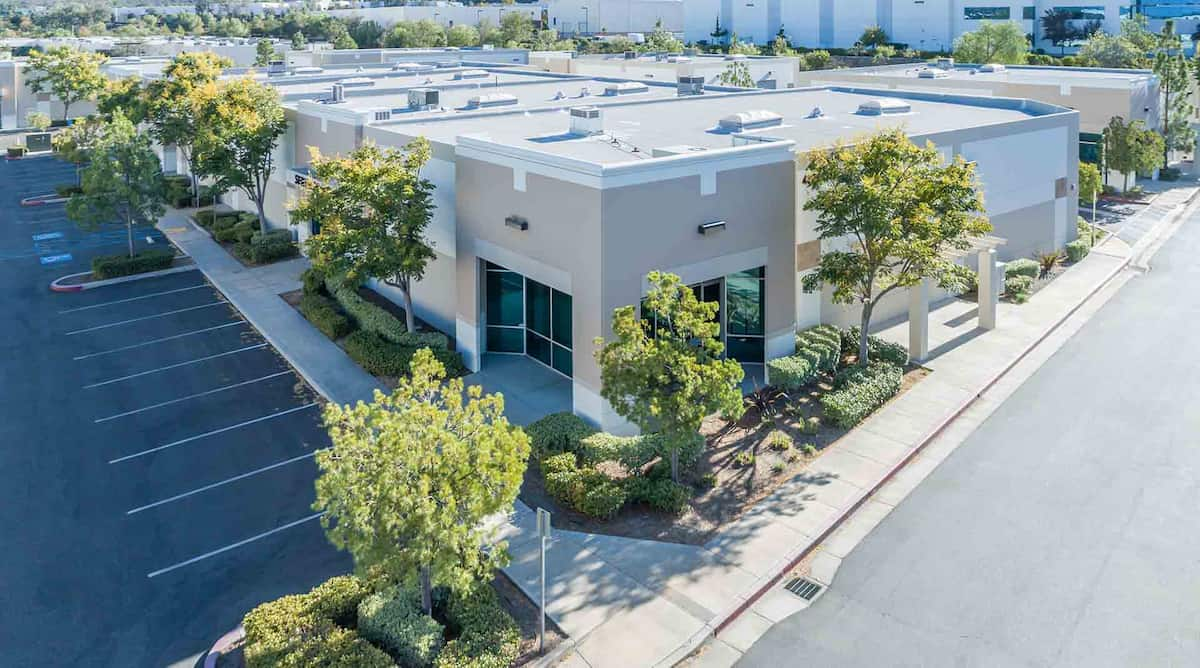Insights
Explore insights, trends, and expert perspectives on
real estate through our informative blog

How to Convert Residential Property to Commercial: Step-by-Step Guide
September 2025Have you ever walked past a charming old house that’s now a bustling café, a dental clinic, or even a co-working space? It feels like it happened overnight, but behind that transformation lies a long process of approvals, upgrades, and paperwork. If you’re wondering how to convert residential property to commercial, the truth is it’s absolutely possible, but it’s not as simple as hanging up a new sign. It’s a mix of zoning laws, legal hoops, financial planning, and strategic vision. Let’s break it down step by step.
Step 1: Understand Zoning Laws
Zoning laws are the gatekeepers of property use. Every city divides land into specific zones, residential, commercial, industrial and each comes with restrictions. If your property is currently marked as residential, you can’t just start running a business from it legally.
To shift it into commercial use, you’ll need to apply for a rezoning permit or a change of use permit. This process often involves:
- Filing a formal application with your city or municipality
- Posting public notices for transparency
- Attending hearings where neighbors or local associations can raise concerns
It’s not a quick approval. Depending on where you live, it can take months. But without this first green light, nothing else can move forward.
Step 2: Meet Legal and Safety Requirements
Once zoning is secured, the next step is to make sure your property complies with commercial building standards. Unlike residential homes, commercial space is open to public use so the rules are stricter. Expect requirements like:
- Fire exits, alarms, and sprinkler systems
- Dedicated parking for customers or employees
- Accessibility features (ramps, elevators, wider corridors) to meet disability compliance
- Safety inspections before approval of occupancy
Think of it this way: you're not just reshaping a private living space—you’re creating a safe, accessible environment for the public. Cutting corners here can lead to fines, lawsuits, or even shutdowns.
Step 3: Factor in Financial Considerations
Converting residential to commercial comes with costs upfront, but it can unlock huge long-term returns. Here’s what to weigh:
- Permit and approval fees – from applications to hearings, expect costs in the thousands.
- Renovation expenses – signage, interiors, and structural changes all add up.
- Taxes and insurance – commercial property usually means higher property taxes and commercial-grade insurance.
- Income potential – the upside is attractive. Commercial tenants pay higher rents, and if you’re setting up your own business, you save on leasing another property.
This is where a financial advisor or real estate consultant can help, ensuring you’re not just covering costs but also positioning for profitable returns.
Step 4: Explore Mixed-Use Options
Full conversion isn’t always necessary. Many cities now allow mixed-use zoning, which lets you live and run a business from the same property. It’s a popular choice for boutique stores, small offices, or home-based services that want a customer-facing space.
Mixed-use zoning offers flexibility and can be less overwhelming than a complete commercial conversion, especially for first-timers.
Can You Run a Business in a Residential Zone Without Conversion?
Legally, no. While some people quietly operate small businesses from residential properties, it puts them at risk of fines or forced closure. The safest approach is always to follow the official process and secure the right permits.
Why It’s Worth It
Yes, conversion takes time. Yes, it demands investment. But the rewards are long-term and substantial. Converting a residential property into commercial can:
- Increase the property’s overall market value
- Attract steady rental income
- Provide a dedicated space for your own business
- Unlock growth opportunities in fast-developing commercial areas
It’s not just about today, it’s about building an asset that works for you for decades.
Final Thoughts
If you’ve been wondering how to change a residential property into a commercial, the formula is clear: research zoning rules, prepare for compliance upgrades, and weigh the financial risks and rewards carefully. It’s not an overnight change, but when done right, it can transform your property into a high-performing investment.
At Karamchand Properties, we understand the power of strategic property investment. Our flagship project, Karamchand Greens in South Nagpur, is a plotted township designed for people who want more than just land, they want growth. With premium plot sizes (1,100–2,500 sq. ft.), wide roads, lush open spaces, and connectivity through the Outer Ring Road, it’s positioned in a high-growth corridor where residential and commercial potential meet.
Looking to make your next property move a smart one? Explore Karamchand Greens and see how we help investors turn vision into long-term value.
Discover Karamchand Greens

